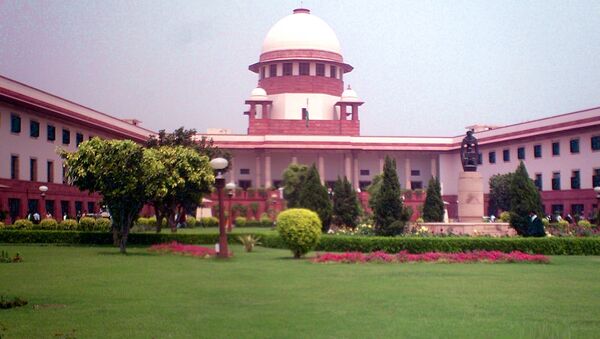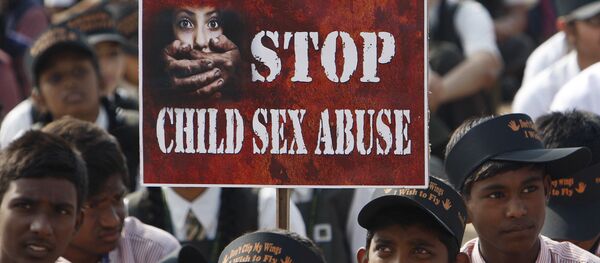The doctors' opinions were hardly reassuring: according to experts, both the abortion and the delivery would affect the mother in a bad way. Should the Supreme Court rule the pregnancy must continue, the baby would likely be born pre-term and require intensive postnatal care. On the other hand, terminating a pregnancy just some five to six weeks before delivery is known to be a very dangerous operation.
Either way, the mother will face a grave risk, the doctors said.
"Considering the age of the petitioner, the trauma she has suffered because of sexual abuse, the agony she is going through and the opinion of the medical board favouring termination of pregnancy, the termination of pregnancy should be allowed," the Supreme Court said in their decision.
The court's decision contradicts an earlier ruling in which a 10-year-old girl was forced to give birth. The Supreme Court reportedly awarded about $15,600 in compensation for the girl. Under current legislation, an exception from the 20-week cap can be made if a registered medical practitioner certifies to a court that the continued pregnancy is life-threatening for either the mother or the baby. There was no such certification in the case of the 10-year-old girl.
Abortion legislation in India is a subject of ongoing debate, as various organizations call for the appointment of permanent medical institutions that would provide urgent medical help for women, especially for the rape victims. However, reform is slow, as even the law amendment that would raise the term cap from 20 to 24 weeks has been a subject of continuous debate for over three years. Until things change, Indian courts will continue to serve the role of last refuge for desperate pregnant women and girls.



